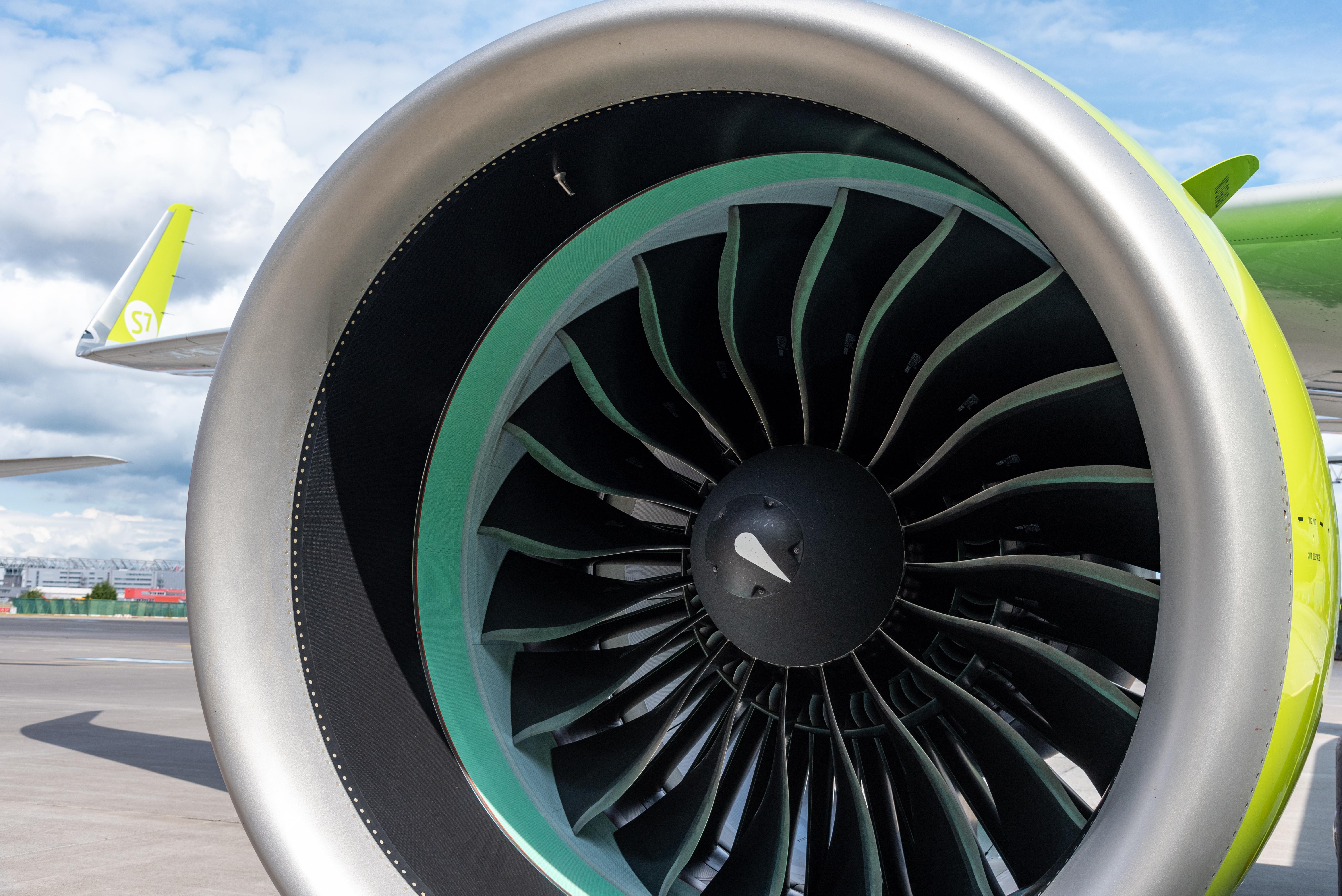
Credit: Airbus
The number of Western aerospace companies cutting off support for Russian and Belarusian customers continues to increase, with conglomerate Raytheon, training specialist CAE and Honeywell joining a list that includes major airframe and engine manufacturers. Raytheon, parent company of Collins...
Subscription Required
This content requires a subscription to one of the Aviation Week Intelligence Network (AWIN) bundles.
Schedule a demo today to find out how you can access this content and similar content related to your area of the global aviation industry.
Already an AWIN subscriber? Login
Did you know? Aviation Week has won top honors multiple times in the Jesse H. Neal National Business Journalism Awards, the business-to-business media equivalent of the Pulitzer Prizes.


